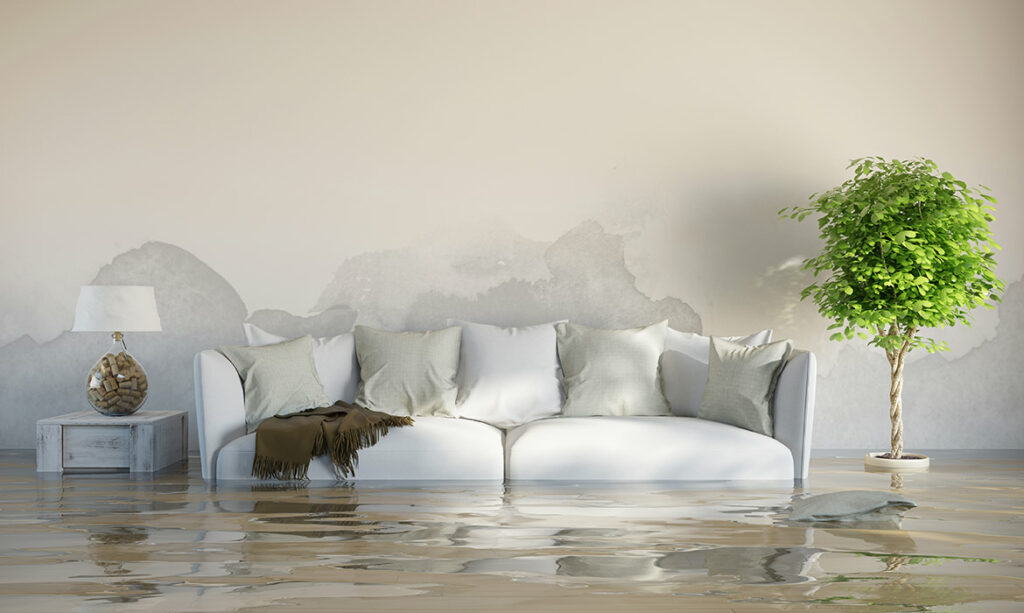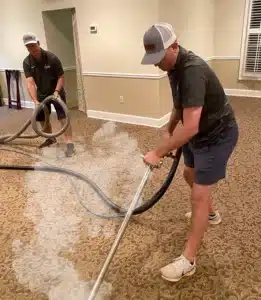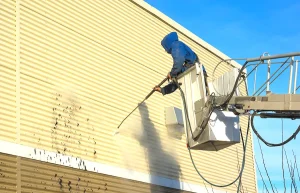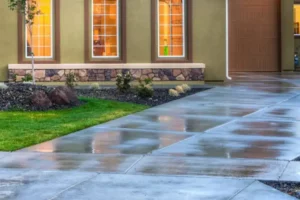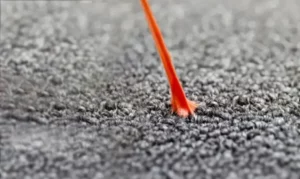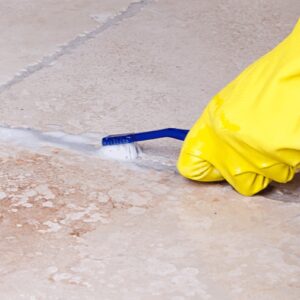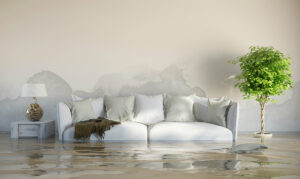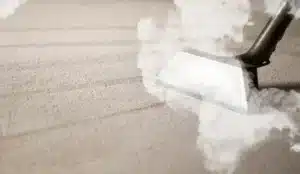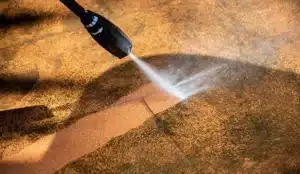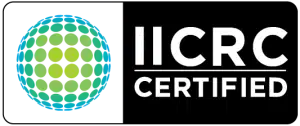Ever wonder exactly what you should do to Prepare for a Flood? A flood can be a devastating event, leaving homeowners with water damage, loss of property, and even injuries. If you are a homeowner, it is important to be prepared for a flood before it happens. In this guide, we will provide you with a comprehensive list of tips on how to prepare for a flood. We will also discuss what to do if a flood occurs in your home. Stay safe and dry!
The first step in preparing for a flood is to create an emergency plan. This plan should include a list of evacuation routes, a designated meeting place, and emergency contact information. It is also important to have a go-bag ready with essential items such as food, water, and medicine. You should also make sure that your insurance policy covers flooding. Read the Flood Insurance Manual. Pay attention to Florida Emergency Warning System
If a flood does occur in your home, the most important thing to do is to stay safe. Do not try to drive through floodwaters – turn around and find another route. If your home begins to flood, quickly move to higher ground. Do not touch any electrical appliances or wires until the power has been turned off. If you are stranded on top of a car or building, do not try to swim to safety – wait for rescue.
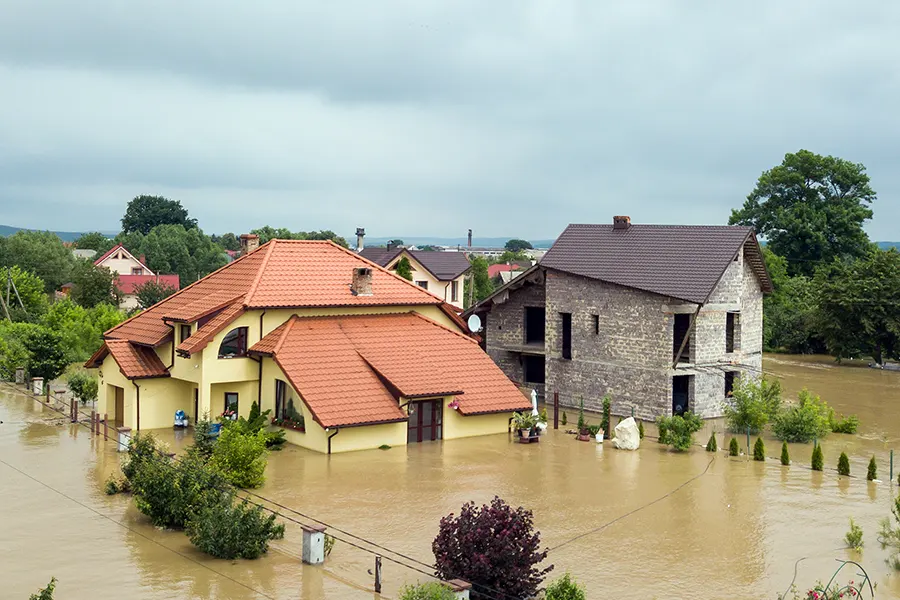
By following these tips, you can be prepared for a flood and stay safe if one does occur. Stay informed and always be ready for anything!
General Flood Safety tips:
Florida weather can be extreme sometimes. Here is a complete list of flood safety tips. Be sure to keep this list somewhere safe when your family can access it and memorize these steps. Be sure to share it with your kids and make sure they know it well.
- Have an emergency kit ready with supplies like food, water, and first aid supplies
- Make a plan for how you will evacuate and where you will go if you have to leave your home
- Make sure your roof is waterproof, and Florida weatherproof.
- Know your area’s flood risk and elevation level, as well as the safest route to high ground
- Pay attention to weather forecasts and listen for evacuation orders
- If flooding is occurring nearby, be sure to turn off all utilities at the main switch—this will help prevent further damage
- Don’t walk or drive through floodwaters. If you must, use a stick or something to test the depth in front of you. Just six inches of water can knock you down and two feet will float your car.
- Stay away from power lines and electrical wires. Flood water can conduct electricity and standing in it puts you at risk for shock.
What to do after a Flood:
By following these tips, you can minimize the risk of harm during and after a flood. Stay safe!
-If your home starts to flood, get to the highest point you can and call for help. Do not try to go back inside for anything.
-Do not touch anything that has come into contact with floodwater unless you absolutely have to. This water is likely contaminated with sewage and other harmful bacteria.
-Be sure to clean everything that got wet as soon as possible. This includes clothing, carpets, upholstery, and any other fabrics.
-If you have to evacuate, do so immediately. Follow the routes and instructions that authorities have given you.
-Keep an eye on local news and weather reports to stay updated on the situation.
-Once the floodwaters start receding, be careful when returning home. There may be hidden damage that could pose a safety hazard.
-Have your home inspected by a professional before entering to make sure it is structurally sound.
-Take pictures of any damage for your insurance claim.
-Contact your insurance company as soon as possible to begin the claims process.
-If your power goes out, turn off all appliances to prevent fires or electrical shocks
-Do not use candles, lanterns, or any open flame for lighting
-Use caution when opening doors—flood water can cause them to warp and become difficult to open
-Be aware of animals that may have been displaced by the flood. Do not try to approach them, as they may be scared and aggressive
-Do not drink any water that has come into contact with floodwater. This water is likely contaminated
-Throw away any food that has come into contact with floodwaters
-If you have standing water in your home, call a professional to pump it out as soon as possible. Do not try to do this yourself
-Once the water has been removed, begin the drying process immediately. Open doors and windows and use fans and dehumidifiers to help circulate air
-If you have mold growing in your home, call a professional to handle the removal process
-Contact your local health department for information on how to test your home for contamination
In conclusion:
These are just a few tips to help you prepare for a flood. For more information, be sure to contact your local emergency management office or visit fema.gov. While no one wants to think about it, floods are a very real possibility for many so we must be prepared for the worst! Thanks for reading our article on how to Prepare for a Flood.

